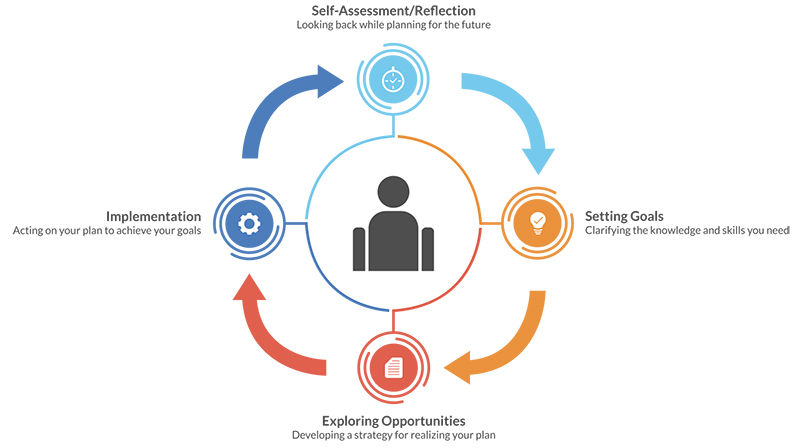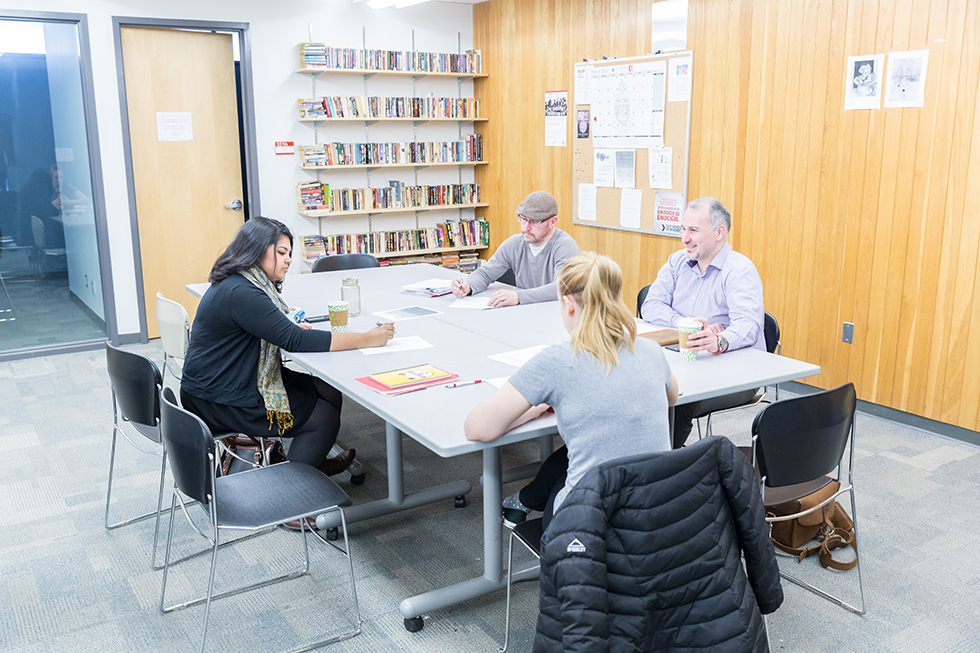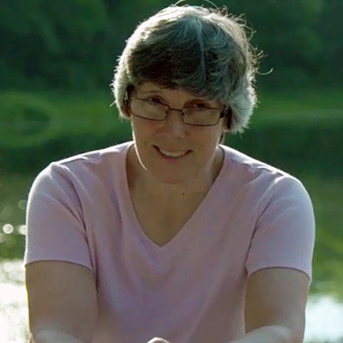
Graduate students are often so focused on their research, coursework and other commitments that they may not initially consider planning for skills development opportunities, so the Faculty of Graduate Studies (FGS) at York University has developed a framework to assist: the Individualized Development Plan (IDP).
“We are looking at enhancing professional skills development offerings to create meaningful opportunities for graduate students at both the program and central levels,” said Wesley Moir, academic affairs officer for FGS. “We’ve created the IDP based on emerging research, insights into the needs of our graduate students and the changing circumstances of the workplace. It will serve as the foundation for reflection, career exploration and skills acquisition.”

The IDP is part of a cyclical process that asks students to assess their current level of expertise, identify areas in which they would like to explore or improve, and asks them to map out a plan for achieving their goals. It is designed to provide a framework for encouraging active participation among students in professional skills training and career management over the course of their degrees.
Thanks to a grant from York’s Academic Innovation Fund (AIF), FGS introduced the IDP in four graduate programs as a pilot project for the 2020-2021 academic year: psychology; biology; gender, feminist and women’s studies; and humanities. Some North American universities have adopted a version of these plans; York’s IDP is designed to be personalized, ongoing, and concentrated around goal-setting. The AIF grant will allow the Faculty and a team of student researchers to evaluate the success of the pilot before the program is introduced across FGS this fall.
“We want graduate students to acquire competencies and skills that complement their degree programs,” said Moir. “The IDP is really a tool for them to track their goals and experiences during their degree process.”
FGS hopes that each individual IDP will become a living document that students review and revise annually with input from their supervisors, peers and others. It is a personal plan that needn’t be shared with anyone else, but additional perspectives can shed light on areas where improvement might be helpful – doing public presentations, for example, or time management.

“As the first step in creating an IDP, we ask students to do a skills assessment that is based on the six competency areas identified in York’s graduate and professional skills program,” said Moir. “They can reflect on the areas they want to enhance or explore and pursue opportunities.”
The six key competency areas are:
- Career Exploration and Planning
- Communication
- Health and Wellness
- Managing Time and Resources
- Research Dissemination
- Teaching
Once they have done the self-assessment, graduate students are asked to set goals for improving key skills and listing the opportunities available to improve those skills. Since the IDP is a living document, it will change from year to year as the individual develops new skills and looks toward improving others.
“The IDP is centred on student needs,” Moir said. “We want them to develop plans and strategies for achieving their goals. By starting this conversation early in their graduate careers, we hope students will be able to take advantage of the opportunities York offers. The IDP is a support structure that should help students decide what they want to get out of their degree and where they want to go with it.
“We want them to have these conversations long before they defend their dissertation.”
Following the FGS lead, the Department of Biology has created its own IDP suite of tools tailored to the needs of its graduate students: an IDP form, a checklist of professional skills and a list of the professional skills that employers are requesting. Ashley Nahornick, the educational development specialist for the Faculty of Science, developed the tools in consultation with Distinguished Research Professor Bridget Stutchbury, the department’s graduate program director.

“As FGS began offering workshops focusing on skills development, we started to do the same,” Stutchbury said. “It made sense, because some students might not want to take up a supervisor’s time getting direction on some tasks, such as writing scholarship applications. In addition, many of us know what’s required to prepare students for a career in academia, but not the skills necessary for a public policy role, for example.
“As Wesley rolled out the IDP, we had some discussion on how to do so ourselves. We rolled out our toolkit this fall, and, together, our three tools allow students to go ahead and develop professional skills. The courses in our program are designed to offer these skills, but given the competition for jobs, it’s important for students to be proactive and use the IDP to create a customized plan to build on these skills.”
Stutchbury says the trend across North America is for graduate students to come out of their programs well-prepared for the job market and is appreciative of FGS’ role in promoting that approach at York.
“FGS has shown a lot of leadership over the years with regard to skills development,” she said. “It’s not a trade-off between job skills and research competence; both are possible.”
For his part, Moir is eager to see the results of the IDP pilot program survey so FGS can tweak the program prior to its full rollout this fall.
“We want students to have a better notion of the transferable skills that will help them succeed on the path they have chosen,” he said.
By Elaine Smith, special contributing writer, Innovatus
